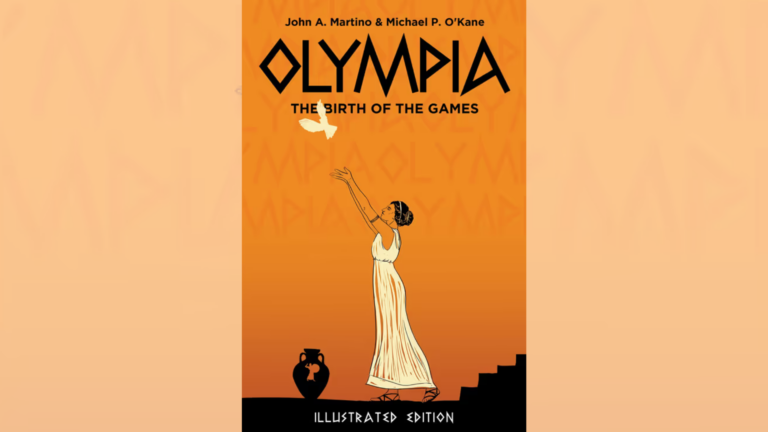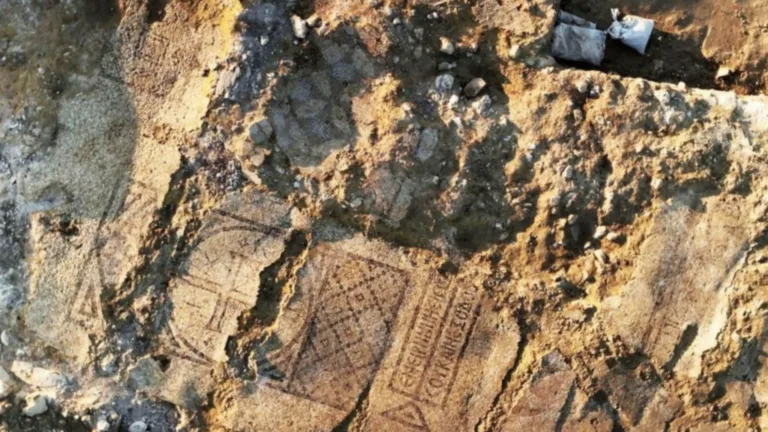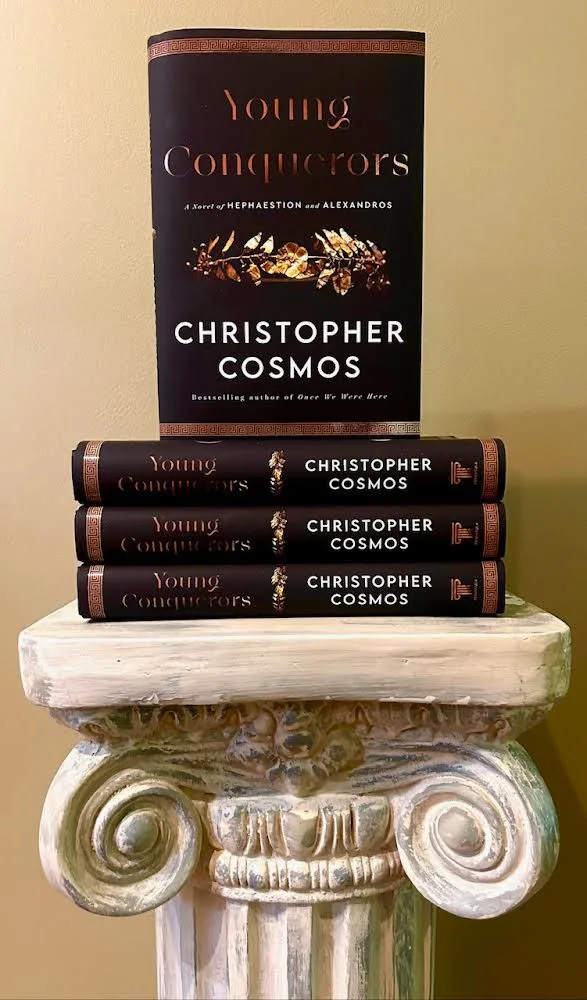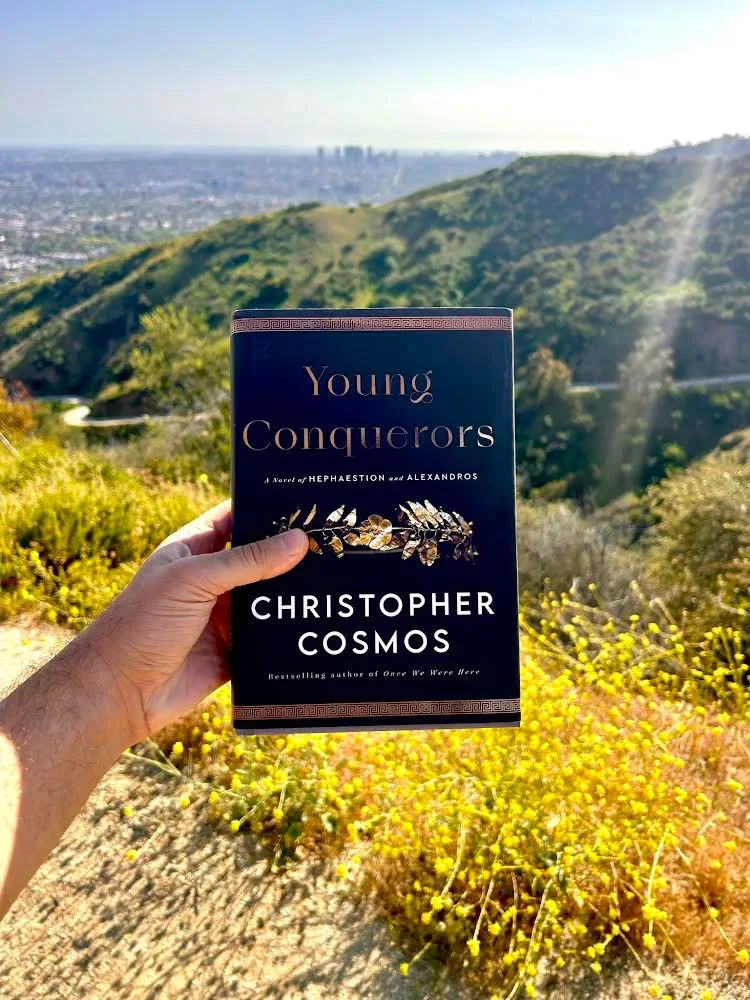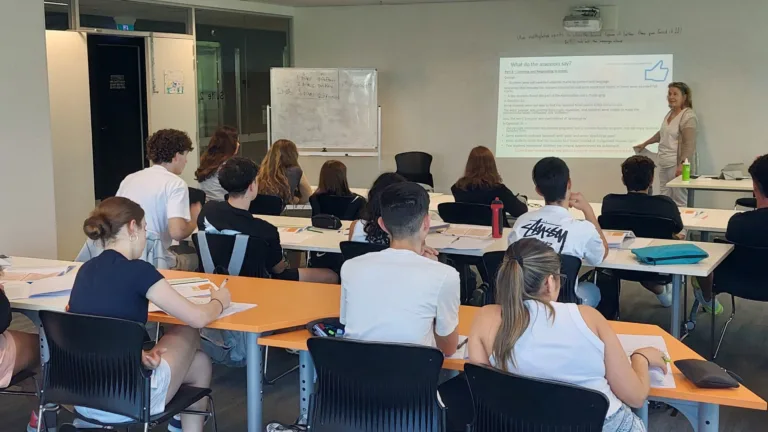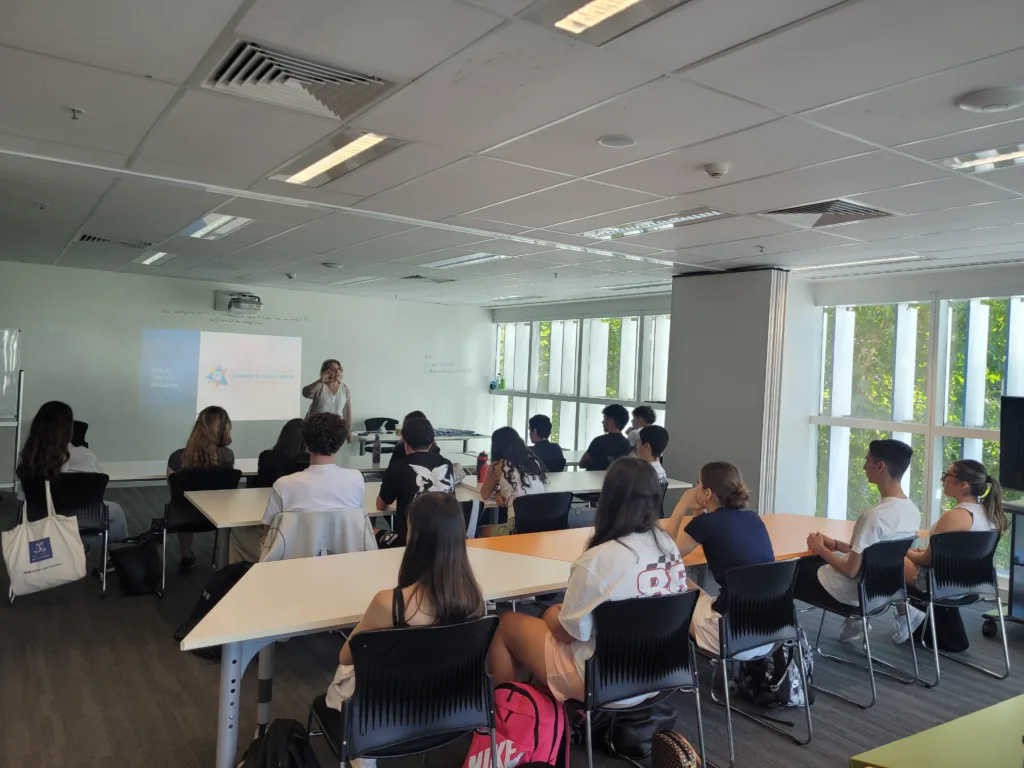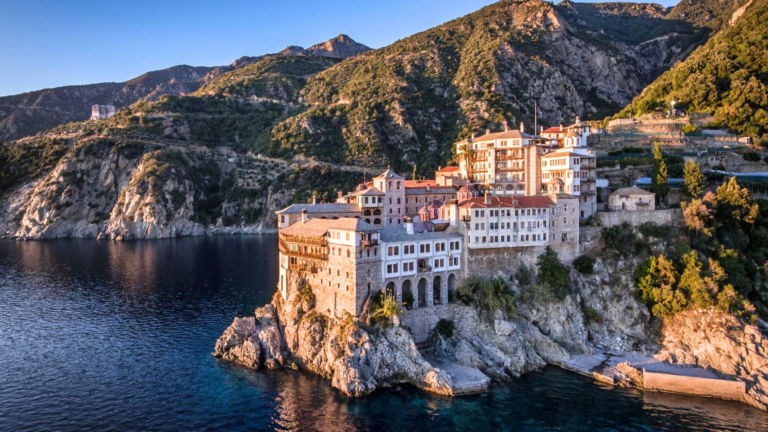Olympia – The Birth of The Games exquisitely exhibits how the “first and oldest peace-building institution in human history”- the Olympic Games – has inspirited the world, from ancient times through to modern.
Co-authors, John A. Martino and Michael P. O’Kane transport readers to an “ancient Hellenic civilisation” in order to explain just how the “richness” of “Olympism” has come to inspire a more “peaceful world” despite contemporary hurdles.
Ancient Greek-style calligraphy, mythological figures and archaic symbolism unite to adorn the book’s exterior, while Ekaterina Mironova’s illuminating illustrations interspersed throughout help to visualise a fierce setting immersed in the imperishable echoes of cheering crowds on the skirts of “body littered” battlefields.
Presented through purposeful and action-packed storytelling, Olympia commences with Alexis Lyras’ gripping foreword granting audiences a glimpse into its historic premise – a tribute to heritage and a legacy of peace – the origin of the Olympic Games.
Main protagonist and unyielding hero, “Pelops of Olympos” shoulders the bulk of the riveting narrative through ragged breaths and blasphemous betrayals as he, in turn, is shouldered by the book’s most revisited themes – enduring loyalty.
Enthralling and uplifting, Martino and O’Kane scrupulously capture how cultural and sporting rituals and traditions of the past, with a great focus on spirituality, were pivotal to life in the times of 776 B.C.E.
From the “fortified” walls of Elis, to the “unforgiving walls” of the “shining city” of Carthage, very little is left to the imagination as each “ill-fated” wound and “slave-bound” sacrifice is navigated amid “mourning cries,” with “blood-lusting barbarians” always only one “glowering look” away.
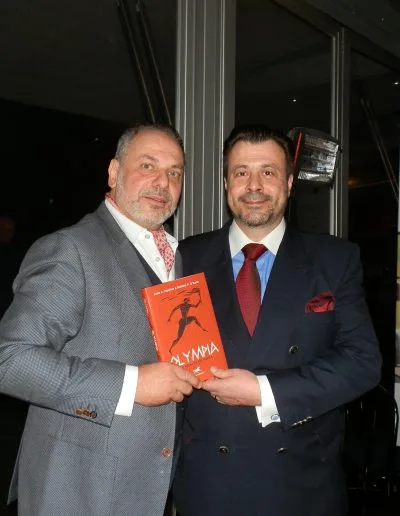
For the most part, all will feel catapulted inside the constant motions of familial rifts and captors’ and kings’ dominance, with moments of relief found in high priestess Europa’s “prayers to the Gods,” lucky cook Koroibos’ playfulness, and the devoted romance between “Golden Boy” Pelops and heroine, in her own right, Hippodamia.
The authors do phenomenally well in introducing all “touched by Greek civilisation,” from savvy Israelite and “Captain of the Babel” Saul, to the exiled Egyptian Prince Rameses, Philistine, Goliath, and Carthaginian queen Dido – all characters who earn their place in the resurrected mysteries driving the discovery of true unity.
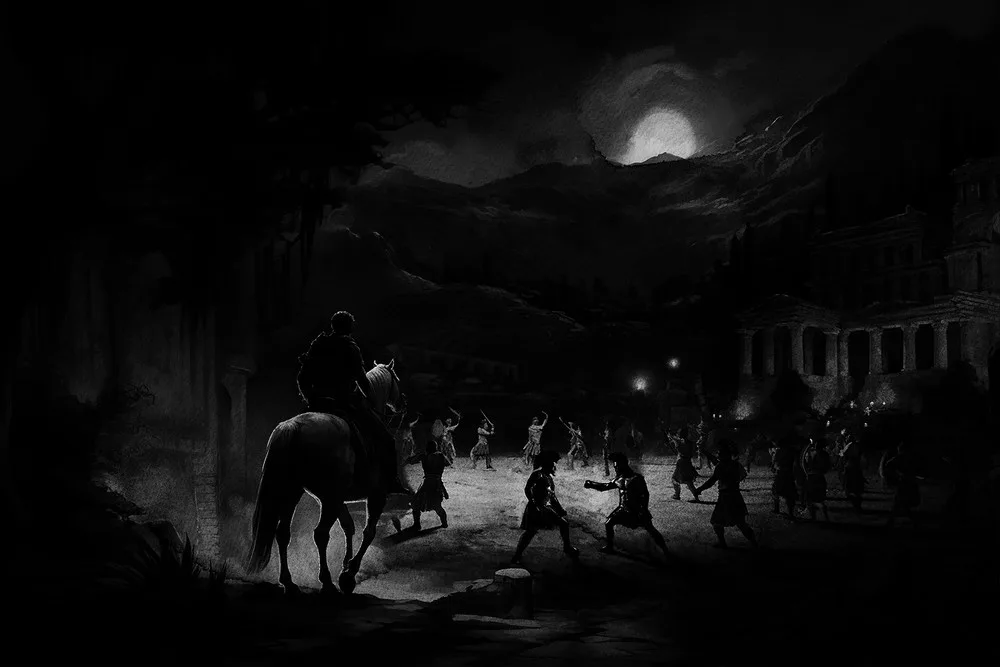
Martino and O’Kane create an atmosphere across “broad lush plains” and “shadowy interiors of adytons” that is hallmark of a cinematic experience, as the whirlwind woes of regally attired rivals intertwine with vengeful and villainous lords who “show no mercy” all under the commanding presence of Zeus.
It is the final race, however, that most electrifies the purpose of competition and ignites the relevance of duty, honour, and courage in sport, delivering the essence of the Games and their influence on the Olympics as we now know them.
By depicting the resilience that these athletes, or restless warriors, embody in spite of their losses and a fractured ambience lingering in the air – a message far greater than an “olive-leaf-wreath” win is revealed – that true victory can only be achieved with compassion, teamwork, honesty and above all, integrity.
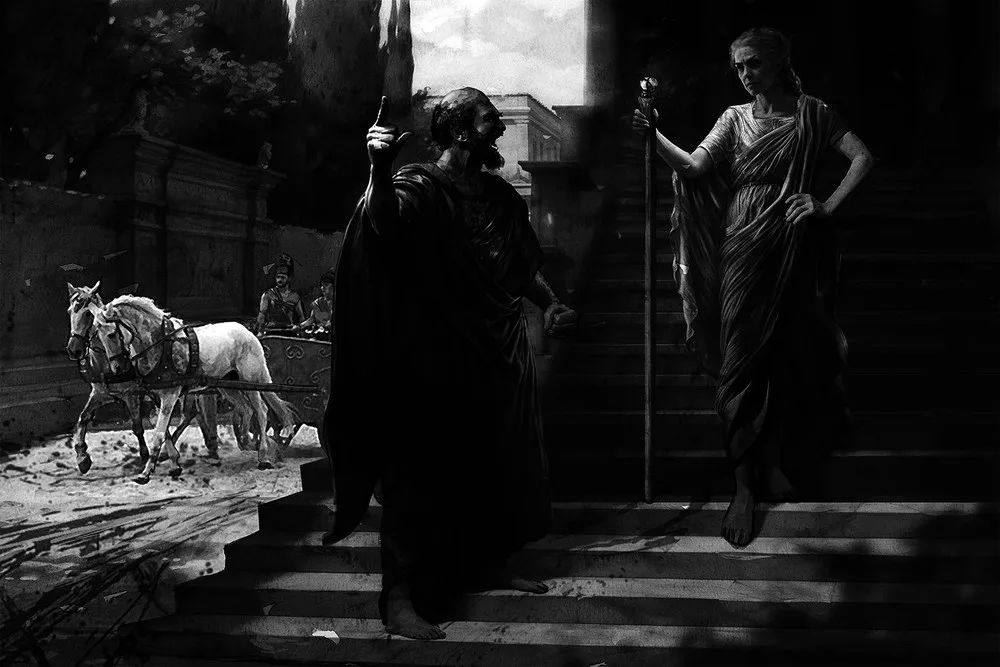
Ironically, the foresight of blind Greek poet, Homer offers a wisdom that no “Spartan slaughterhouse” or conquering crown could conjure, helping to immortalise timeless values rooted in Hellenic pride.
Transcending time and space, a retrospective Epilogue brings closure and links everything together over a conversation amongst historians in 1881 C.E., pondering their guesses over the events that transpired the day Pelops rode his stallion, Pegasus toward the finish line under Poseidon’s thunder.
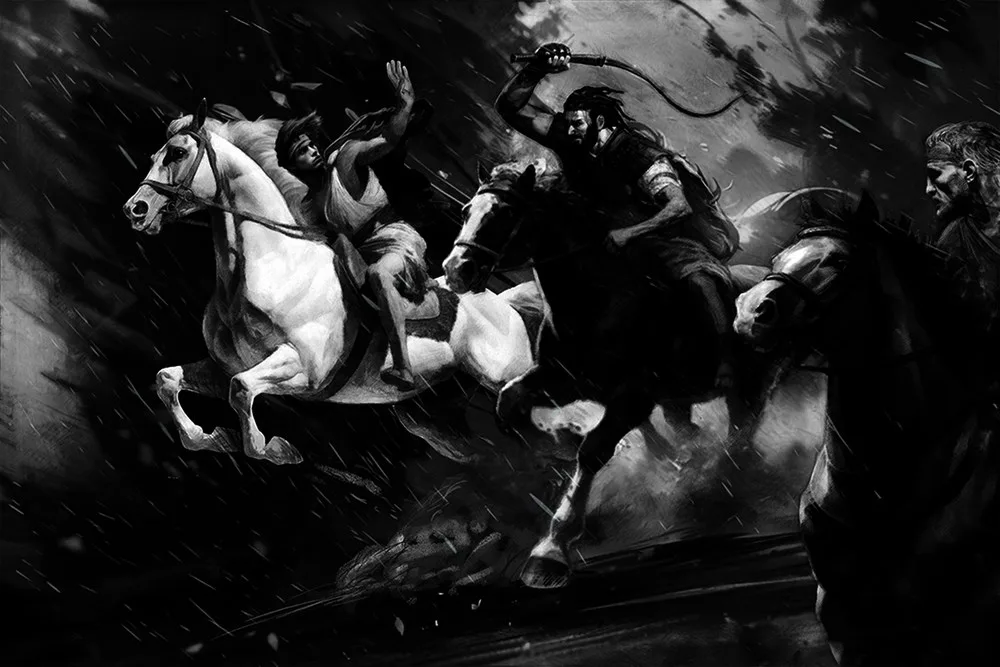
Long ago, a champion of excellence and humility paved a way of peace that continues to strengthen the Peloponnesian sites of Greece today and beyond, reminding those who seek their glory, that nothing so magnificent ever built itself.

Where once “weary horseman galloped” battling “nose-to-nose”… where once a very intrigued Baron De Coubertin “listened intently” to a Greek tour guide unravel the possibilities of a “sacred sanctuary”… another sun now sinks toward the horizon with the memory of legends, the eternal “light of Olympia,” and of a sporting legacy leading generations to come.
